Help people communicate effectively with a degree in Speech-Language-Hearing Sciences.
Understand the complexities of human interaction.
The Speech-Language-Hearing Sciences Department at Worcester State has been educating students for more than 50 years. We offer a foundational Speech-Language-Hearing Sciences (formerly Communication Sciences and Disorders) Major that enables students to develop a holistic understanding of the factors that influence human interaction.
Students in the bachelor’s degree program benefit from small class sizes and close mentoring from our faculty. You will study the anatomy and physiology of speech and hearing. You will explore the complexities of speech, language development, stuttering, fluency disorders, deaf and hard of hearing, and different forms of communication. You will also look at how cultural, social, and environmental factors impact these conditions.
A key part of the program is the chance to study different issues that impact communication in various groups. This includes studying differences and disorders of speech, language, hearing, swallowing, and cognitive-communication disorders. You will learn to identify and manage the signs and symptoms of these conditions and understand how they impact people’s daily lives.
The Speech-Language-Hearing Sciences major helps you understand how people interact. It also prepares you to make a real difference for those with communication challenges.
Major Degree Options
We have a B.S. program and a competitive B.S. 4+1.5 program that provides an opportunity to earn your undergraduate degree while starting a master’s degree.
What you will do:
- The processes and development of human language and speech
- The science behind human communication
- Appreciation of how communication varies across different cultures and the lifespan
- Critical-thinking and problem-solving skills grounded in scientific principles
- Written and oral communication skills necessary for effective practice in the field
Explore sample courses in Speech-Language-Hearing Sciences -
-
-
-
-
-
-
-
CD-100 Introduction to Human Communication and Its Disorders
CD-105 Phonetics
CD-201 Hearing Science
CD-202 Speech Science
CD-203 Language Science
CD-301 Directed Observations
CD-305 Introduction to Audiology
CD-410 Professional Guidelines and Skills
Frequently Asked Questions – Speech-Language-Hearing Sciences Major
- The Bachelor of Science in Speech-Language-Hearing Sciences program offers a comprehensive curriculum that includes foundational courses in human communication, phonetics, hearing and speech science, and language development. Students engage in both theoretical and practical learning experiences, including directed observations and professional guidelines courses. The program also offers a competitive 4+1.5 accelerated track, allowing students to begin graduate-level coursework during their undergraduate studies.
- Prospective students must meet Worcester State University's general admission criteria. While specific prerequisites for the major are not detailed on the program page, students are encouraged to have a strong background in sciences and mathematics to prepare for courses in anatomy, physiology, and neuroscience related to speech and hearing.
-
Graduates can pursue various roles, including:
- Audiology Assistant
- Speech-Language Pathology Assistant
- Developmental Specialist in Early Intervention
- Special Education Teacher
- Teacher of the Deaf/Hard of Hearing
- Social and Political Advocacy for Disability Rights
- Disability Law Research Associate
- Medical Devices and Pharmaceutical Sales Representative
- Assistive Technology Specialist
- Product Representative for Speech-Language Pathology and Audiology
- Material Developer
- Lab Manager or Research Assistant
The program also prepares students for graduate studies in speech-language pathology, audiology, and related fields.
- Yes, students participate in directed observations and have opportunities for applied learning through the university's Speech-Language-Hearing Center. This center provides prevention, assessment, and intervention services to individuals with communication disorders, allowing students to observe and engage in real-world clinical settings.
- While the bachelor's degree provides a solid foundation for various entry-level positions, many specialized roles in speech-language pathology and audiology require a master's or doctoral degree. Worcester State's program prepares students for advanced studies, and the accelerated 4+1.5 track offers a streamlined path to graduate education.
Take the Next Step towards a Major in Speech-Language-Hearing Sciences
Speech-Language-Hearing Center
For more than 50 years the center has been assisting the community. We operate two clinics: the Speech-Language Clinic and the Hearing Clinic. Graduate students work alongside our speech-language pathologists and audiologists. Undergraduate students have the chance to observe therapy. A B.S. in Speech, Language, and Hearing Sciences can lead to Careers in:
This exciting field will prepare you for many career options and opportunities to pursue further education.
Virtual Tour
Meet the Faculty
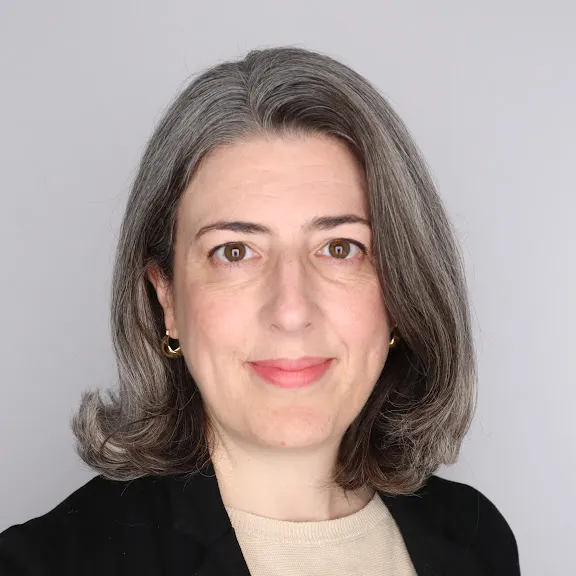
Kristina Curro
Dr. Curro is associate professor, department chair, and a certified and licensed speech-language pathologist with an interest in the scholarship of teaching and learning in CSD, speech-sound production and its disorders, pragmatic language, and [...]
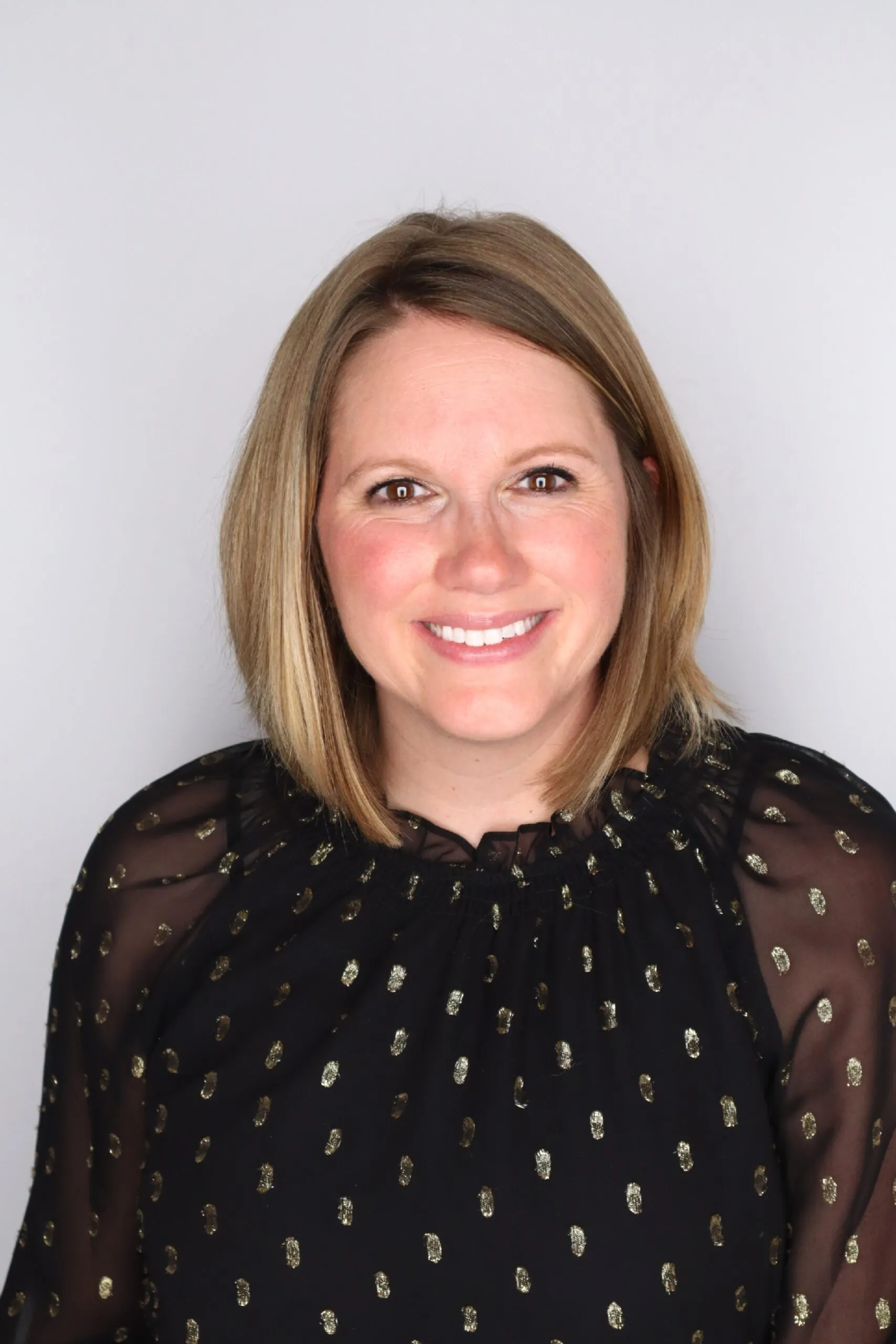
Samantha Scripture
Samantha Scripture earned her doctorate in communication sciences and disorders at the University of Massachusetts, Amherst. Her dissertation research examined how word learners, both children and adults, used multiple cues to learn action words in [...]
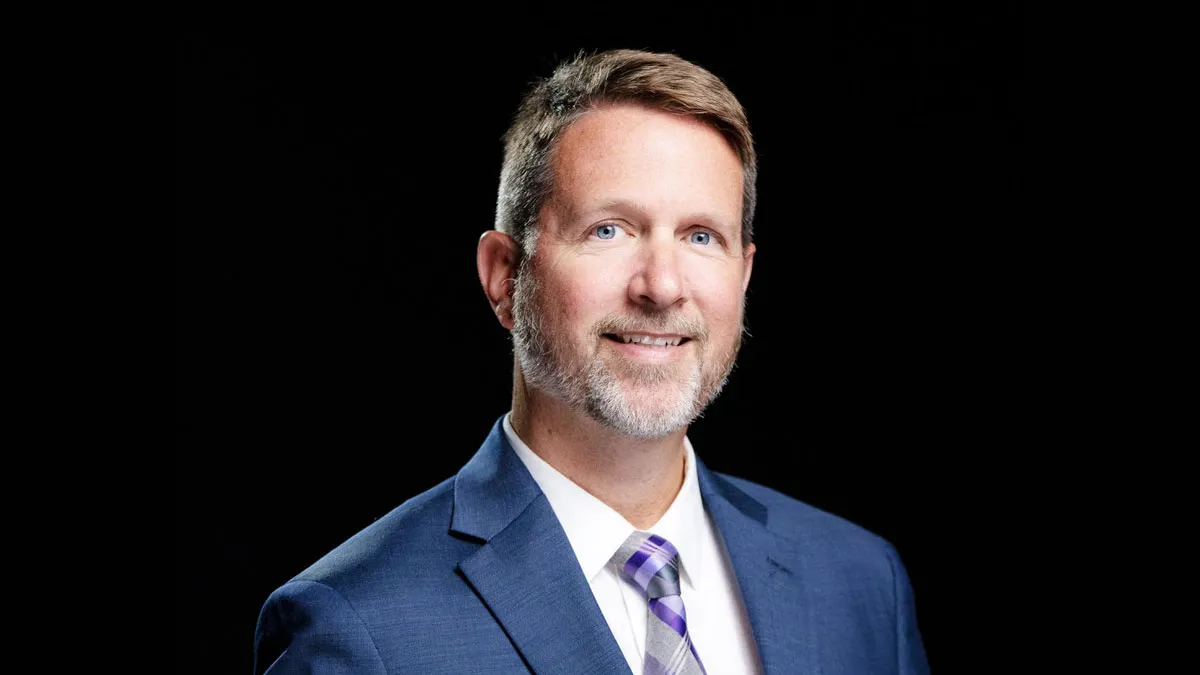
Keith N. Darrow, Ph.D. CCC-A
Dr. Darrow is a M.I.T. and Harvard Medical School trained Neuroscientist, Clinical Audiologist, Certified Dementia Prevention Educator, Certified Dementia Practitioner and Nationally Certified Alzheimer’s Disease and Dementia Care Trainer. He is a [...]

Kristine Goldynia
Kristine Goldynia, SLPD, CCC-SLP, is an ASHA-certified speech-language pathologist with over 25 years of experience working with individuals across the lifespan. She earned her undergraduate degree from Wayne State University, her graduate degree [...]
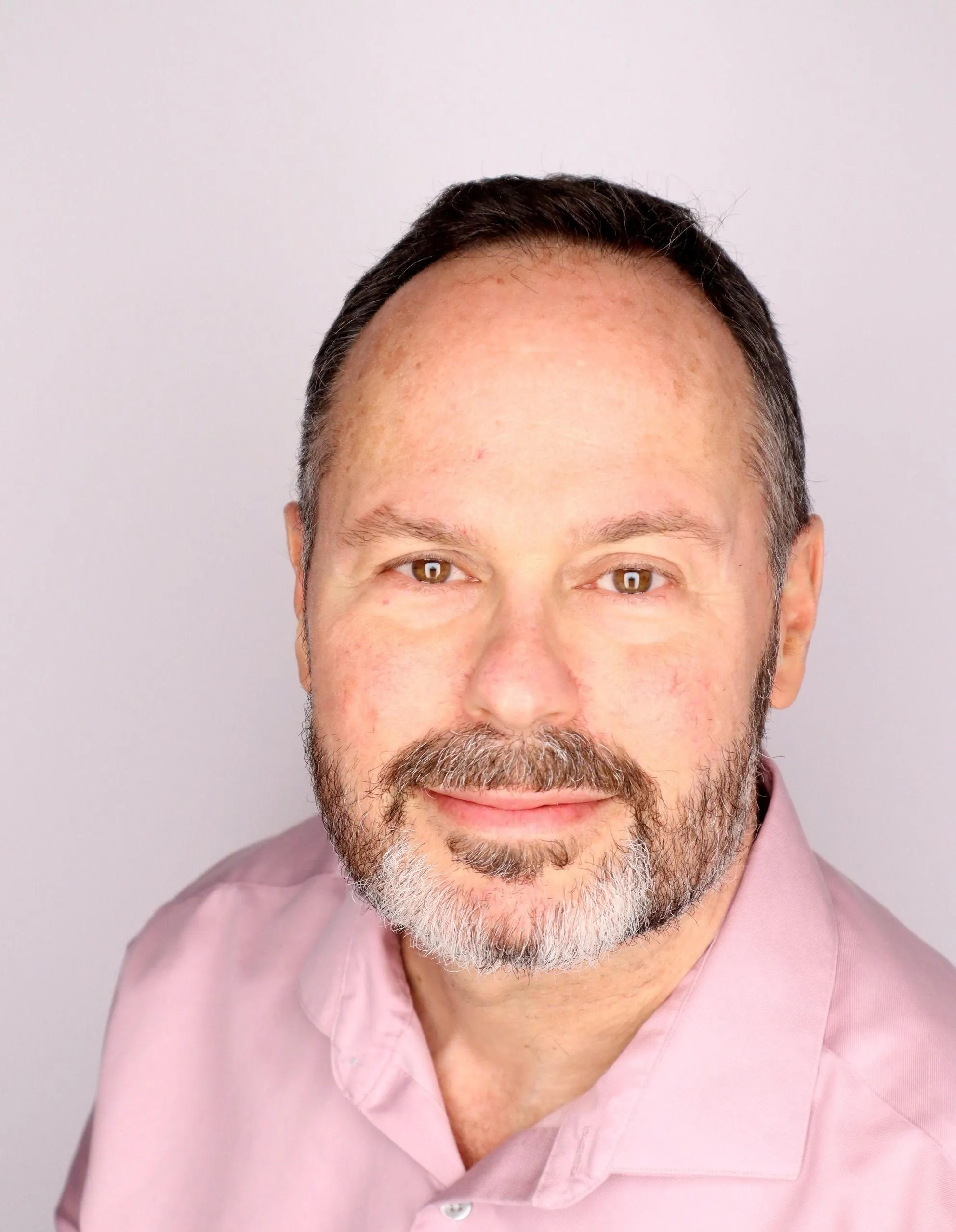
Kenneth Melnick, Ph.D., CCC-SLP, BCS-SCF
Dr. Melnick is a Board Certified Specialist in Stuttering, Cluttering, and Fluency (BCS-SCF). He teaches several undergraduate and graduate courses, including anatomy and physiology of speech and hearing and neuroscience for communication sciences [...]
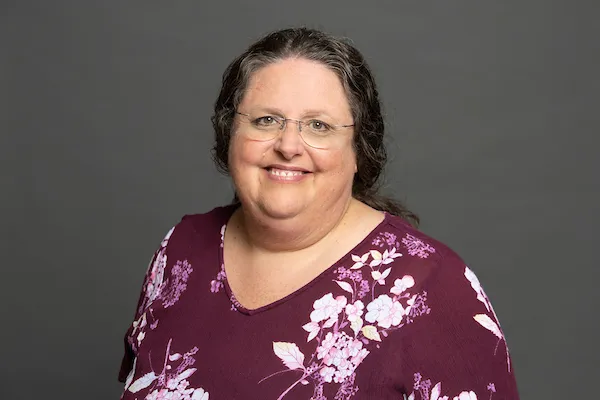
Clinical Staff
- Andrea Quinn, M.S., CCC-SLP, Clinic Director
- Athena Reese, M.S., CCC-SLP, Outside Placement Coordinator
- Suzanne Crawford-Stacy, M.S., CCC-SLP
- Jaime Marino, M.S., CCC-SLP
- Merrisa Murtha, AuD, CCC-A
- Helen Rehberg, Assistant Clinical Coordinator
Additional Staff
- Kathy Cole, Administrative Assistant
Prerequisites and required courses for Speech-Language-Hearing Sciences Major
Honors program
The Speech-Language-Hearing Sciences Honors Program is intended for outstanding students within the major. Students completing the requirements will graduate with departmental honors. Applicants must submit a letter of application to the Communication Sciences and Disorders Undergraduate Committee, a research proposal, and a letter of support from a faculty sponsor. Applications are due November 1 for spring semester and April 1 for fall semester.
Careers in Speech-Language-Hearing Sciences
- Audiology assistants support licensed audiologists in providing hearing care services to patients. This role includes conducting hearing screenings, assisting with the fitting and maintenance of hearing aids, and performing audiometric tasks.
- Speech-language pathology assistants (SLPA) work under the supervision of licensed speech-language pathologists to support the treatment of individuals with communication disorders. Responsibilities include assisting with speech therapy sessions, conducting screenings, preparing materials, and documenting progress.
- Developmental specialists in early intervention work with young children, typically ages 0-3, who have developmental delays or disabilities. This role involves assessing the developmental needs of children, creating individualized intervention plans, and providing direct support to families and caregivers.
- Special education teachers are in high demand and work with students who have a range of learning, emotional, physical, or developmental disabilities. They adapt lesson plans to meet individual needs, use specialized teaching techniques, and provide support to help students succeed academically and socially. They also collaborate with parents and other school-based professionals to develop and implement Individualized Education Programs (IEPs) to create a supportive learning environment that fosters student growth and independence. Further education is needed for this role.
- Teachers of Deaf/hard of hearing (TODHH) students are in high demand. TODHHs provides specialized instruction to students who are deaf or hard of hearing. TODHHs also adapt curriculum materials, promote self-advocacy, and collaborate with families and professionals. Their goal is to support language development, academic achievement, and social-emotional growth in Deaf/hard of hearing students. Further education is needed for this role.
- Social and political advocates work to promote the rights and inclusion of people with disabilities through advocacy, policy development, and community engagement. This role involves researching disability-related issues, monitoring legislative developments, and collaborating with advocacy groups to influence public policy. They work to raise awareness, create campaigns, and engage with legislators and the public. Further education may be needed for this role.
- Research associates in disability law publish research projects related to disability rights. Responsibilities include conducting legal research, analyzing relevant legislation and case law, and preparing reports or briefs to inform ongoing projects. Associates collaborate with faculty, legal experts, and advocacy groups to advance disability law and inclusion. Further education may be needed for this role.
- Medical device developers support the creation, testing, and regulatory compliance of medical devices used in health care settings. The role also involves coordinating with engineers, health care professionals, and regulatory agencies to ensure that devices are both functional and compliant with industry standards.
- Pharmaceutical sales representatives are responsible for promoting and selling pharmaceutical products to health care professionals, including doctors, nurses, and pharmacists. This role involves building and maintaining relationships with medical providers, delivering product presentations, and providing detailed information about the benefits and risks of medications.
- Assistive techs help individuals with disabilities access and use technology that enhances their independence and quality of life. This role involves assessing the needs of patients, recommending appropriate devices, and providing training on how to use them. These tools include screen readers, communication devices, mobility aids, and other adaptive technologies.
- Product representatives for speech-language pathology and audiology promote and sell educational and therapeutic products designed for speech therapists and audiologists. They demonstrate product features, provide training on how to integrate tools into clinical practice, and offer ongoing support.
- Material development involves creating educational, therapeutic, or clinical resources tailored to specific professional fields. They research, design, and produce workbooks, digital tools, assessments, and interactive content used by speech-language pathologists, audiologists, educators, or health care providers.
- Lab managers and research assistants oversee the daily operations of a research laboratory while assisting with various scientific projects. Responsibilities include managing lab supplies, maintaining equipment, ensuring compliance with safety protocols, and coordinating research activities.




